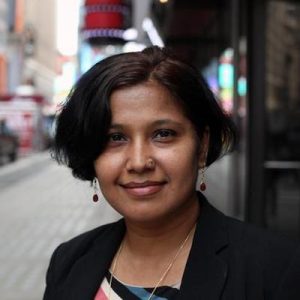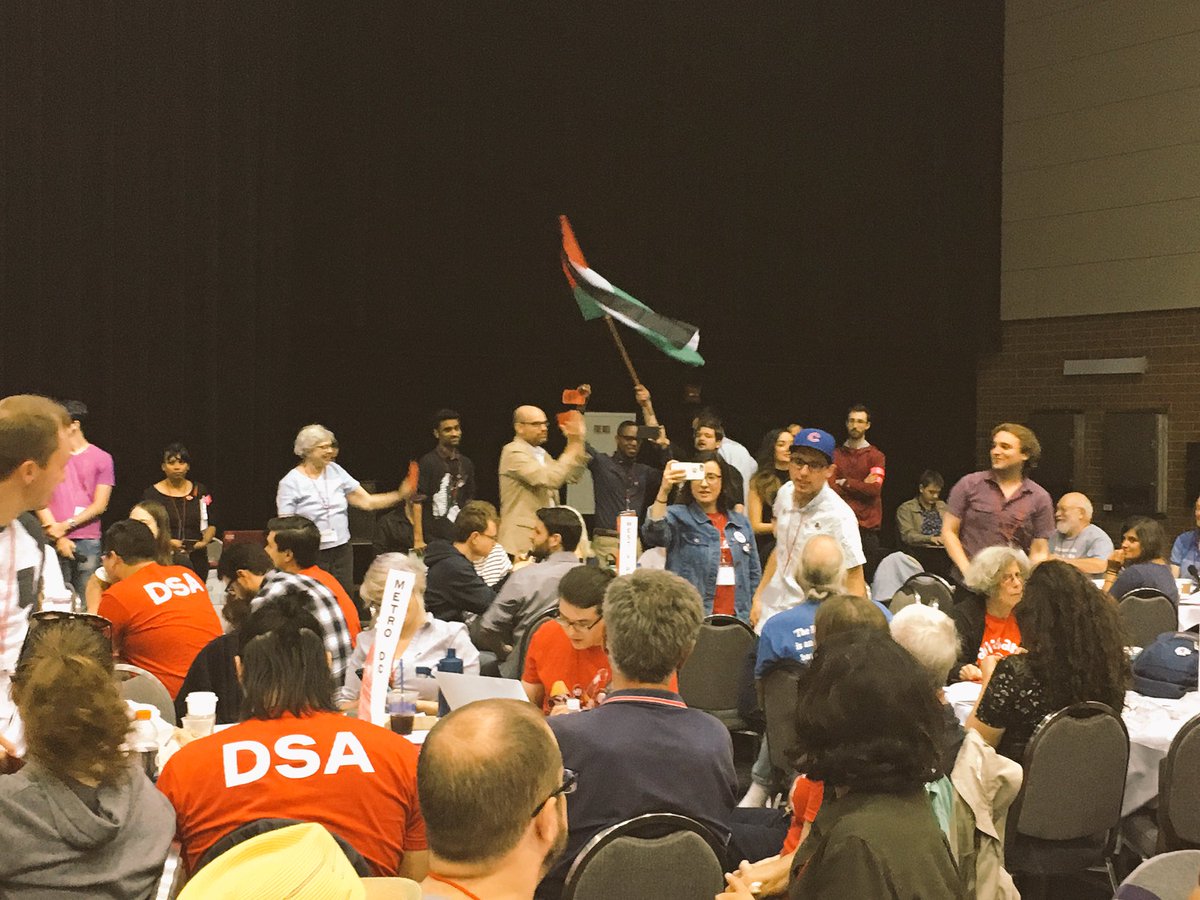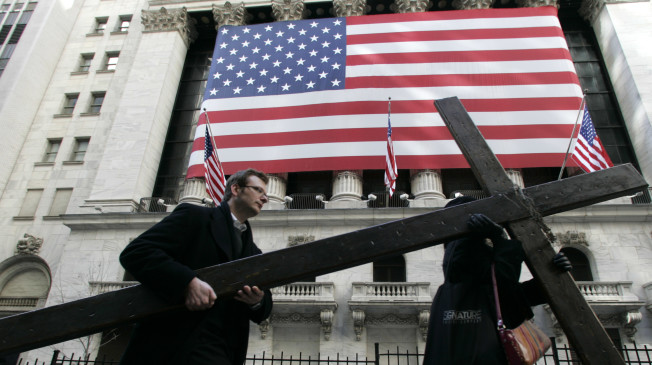
Chaumtoli Huq, Editor, Attorney, Law@theMargins
Justice in Review is an annual signature event hosted by Law@theMargins where organizers, activists, scholars and lawyers from across wide range of movement spaces and issue areas are committed to social justice are invited to look back at the year, and share successes in their work, and to raise challenges. We ask them to share a lesson to carry forward to the new year.
This year, we moved away from the “expert-panel” format, and invited participants to share their work. Victor Narro of UCLA Labor Center moderated our Townhall and began with some flashpoints for 2016.
You can listen to the discussion below, and I also share some excerpts. You can also watch a reply here and read the chat here.
Victor shares his work on labor and immigrant rights. He reminds us that in wage justice fights, we have fought to win to $15 in some municipalities such as Los Angeles.
Natasha Lycia Ora Bannan, Associate Counsel at Latino Justice, and President of National Lawyers Guiild emailed her reflections which Victor read on-line. Excerpts here:
These are more than trying times for people of color, immigrants, Muslims, women, people with disabilities and those who pursue a vision of justice that is grounded in human rights and dignity. There is no small feat ahead of us. We face the corporatization of government, the mass deportation of millions of residents, the unlawful threat to register people based on their religion, the targeting of civil rights movements and labeling of them as domestic terrorists, the elimination of critical social services and the cuts to the social safety net of this country, along with threats of economic and military aggression abroad, disrespect for principles of sovereignty and the undermining of regional and international mechanisms that promote integration, cooperation and respect. This is a moment where our communities are coming together in intense ways; initially out of well-reasoned fear but increasingly out of resistance. It is critical that our support know no boundaries, as our families and communities know none either.
Natasha continues her reflections on Puerto Rico and Cuba:
In Puerto Rico, the oldest colony in the Western hemisphere, the deepening of colonialism through the imposition of a federal fiscal control board which has usurped the role of government and can veto decisions made by the local elected government continues to insist upon more and more austerity measures. The board, appointed by Congress and the President, consist of seven people from the financial sector who determine the fiscal priorities and public policies of a nation, although they meet in private, are accountable only to Congress, do not consult with the residents of Puerto Rico, prioritize payment to private creditors over the funding of public services and can receive “donations and gifts” for their work, despite charging the people of Puerto Rico $370 million in administrative costs. Meanwhile, the mass migration continues, as do the cuts to healthcare, infrastructure, public education, emergency services, judgments and pensions.
Nearby in another Caribbean island, we wait and see what will be the policy towards Cuba and whether the Obama administration’s opening and re-establishing of diplomatic relations with an open call to end the embargo will continue, or whether cold-war era hostilities will return.
After Victor’s introduction, Zakia Afrin, Manager of Client Advocacy Services at Maitri, and Adjunct Professor Golden Gate University School of Law speaks on Islamophobia, gender violen in the United States. Read her piece on Law@theMargins: Legalizing Discrimination: Rising Tide of Islamophobia
Islamophobia has not been happening since yesterday, but this has been crawling up on us since 2000. What we are experiencing now is the normalization of it, and in many ways the legalization of the discrimination of Muslim Americans. FBI has reported an alarming increase in hate crimes.
In terms of progress: For the first time in a major political space, the humanity of Palestinian peoples was mentioned. Their humanity was recognized. Their struggle for liberation was mentioned. Thanks to Bernie Sanders. He also talked about Islamophobia in open forums.
Joining via pre-recorded message, Kwara Kekana of BDS South Africa shares her thoughts on successes and challenges in South Africa on Boycott, Divestment and Sanctions Movement. BDS South Africa participated in our webinar: Intersectionality of Movements
Below are some excerpts from the chat around select themes.
Re: International Solidarity
We need to look at international solidarity in the face of what (at minimum) the next 4 years will bring and infusing that not only into our political spheres around policy acts, but use it as an opportunity for movement work to develop an anti-imperial lens and think about what transnational feminism, anti-racism and workers’ movements look like. –Natasha Lycia Ora Bannan, Associate Counsel at Latino Justice, and President of National Lawyers Guiil
My work is to seek a living wage for garment workers, with a particularly eye for reducing forced labor and human trafficking. We wanted to see advance, the Business Supply Chain Transparency on Trafficking and Slavery Act of 2015, https://www.congress.gov/bill/114th-congress/senate-bill/1968, can be reintroduced in the next session. – Christopher Cox, Human Thread Campaign
Sharmin Sadequee Justice for Shifa, raises some considerations on international solidarity from within the United States, which has been the “center of empire” and policies that have impacted people around world including war.
I agree with a lot of what has been shared so far by the speakers about the fragmentation and division that exist in movement spaces and solidarity work. It does appear difficult at times to navigate that space, though, I see a great opportunity now for folks to overcome this fragment, or rather, we must overcome this for a broader and stronger action.
In addition to having an internationalist, transnational feminist grassroots solidarity and organizing framework, which I’d be more interested to learn what that means in action from the center of the empire, what is it that all these fragmented groups and identities need to be doing to create this, rather very soon.
Regarding this, Chaumtoli Huq, Editor of Law@theMargins comments (56:01):
For those us living in the heart of the empire, how can we have a international, transnational, feminist solidarity framework if we are imagining that from the center of the empire.
When we talk about “compromise” who are we compromising for? Are we thinking just about United States? Globally? For whom are we organizing? When we talk about transnational work, who is our constituency? An organizer knows her base. Who is the constituency in a transnational organizing framework.
Immigrant Women
One way I think we can infuse our movements with a transnational feminist analysis is to incorporate and push for more and more popular political education work. Here at Workers United, the organizers developed a six week curriculum that the immigrant women we work with shared with each other in their homes. – Michelle Flores, the organizing department at the New York New Jersey Regional Joint Board, Workers United, where she works with nail saloons.
I’m reminded of the Audre Lorde quote “There is no such thing as a single-issue struggle because we do not live single-issue lives.” Our collective liberation requires an intersectional analysis, not only of the intersecting identities of the folks we serve but also of our movements and the systems we are operating within. Lina Houston, Director of Campus & Community Programs If/When/How: Lawyering for Reproductive Justice.
Reproductive Justice
Reproductive justice will exist when all people can exercise the rights and access the resources they need to thrive and to decide if, when, and how to create and sustain their families with dignity, free from discrimination, coercion, or violence. Lina Houston, Director of Campus & Community Programs If/When/How: Lawyering for Reproductive Justice.
Immigrant women are particularly vulnerable as seen in the case of Purvi Patel, (an 22:00) shared Zakia who also spoke of the discriminatory ban on sex selective abortions on Asian American communities, and women of color. She discusses how these bans are used as a run around to abortion by targetting vulnerable members of community. Read more NAPWF’s Report Replacting Myths with Facts: Sex Selective Abortion Laws in the United States here.
Boycott, Divestment and Sanctions Movement.
We will see increased efforts to use law to ban unpopular view points, as we have seen with the resolutions against BDS. – Chaumtoli Huq, Editor (30:31)
Gov. Andrew M. Cuomo, signed an executive order creating a blacklist of entities that boycott or divest from Israel or encourage others to do so, banning those companies from receiving taxpayer funding. New York City Council also passed a Anti-BDS resolution.
Other issues mentioned were Brexit, Paris Climate Agreement Standing Rock and DAPL and refugee crisis from Syria including Rohingya and Columbia peace deal with FARC rebels
Finally, we spoke on the challenges of working across political differences, and viewpoints, and how we make compromises that may impact certain segments of our movements. There was some suggestion that while it is okay to focus on our issue/local areas, that we must be mindful that our strategies do not jeopardize others movements.
If there were issues, missed, contact us and write about your work.
Check out our past Justice In Review. 2015. In 2014, we hosted a facebook chat. You can read a summary of the chat here.




